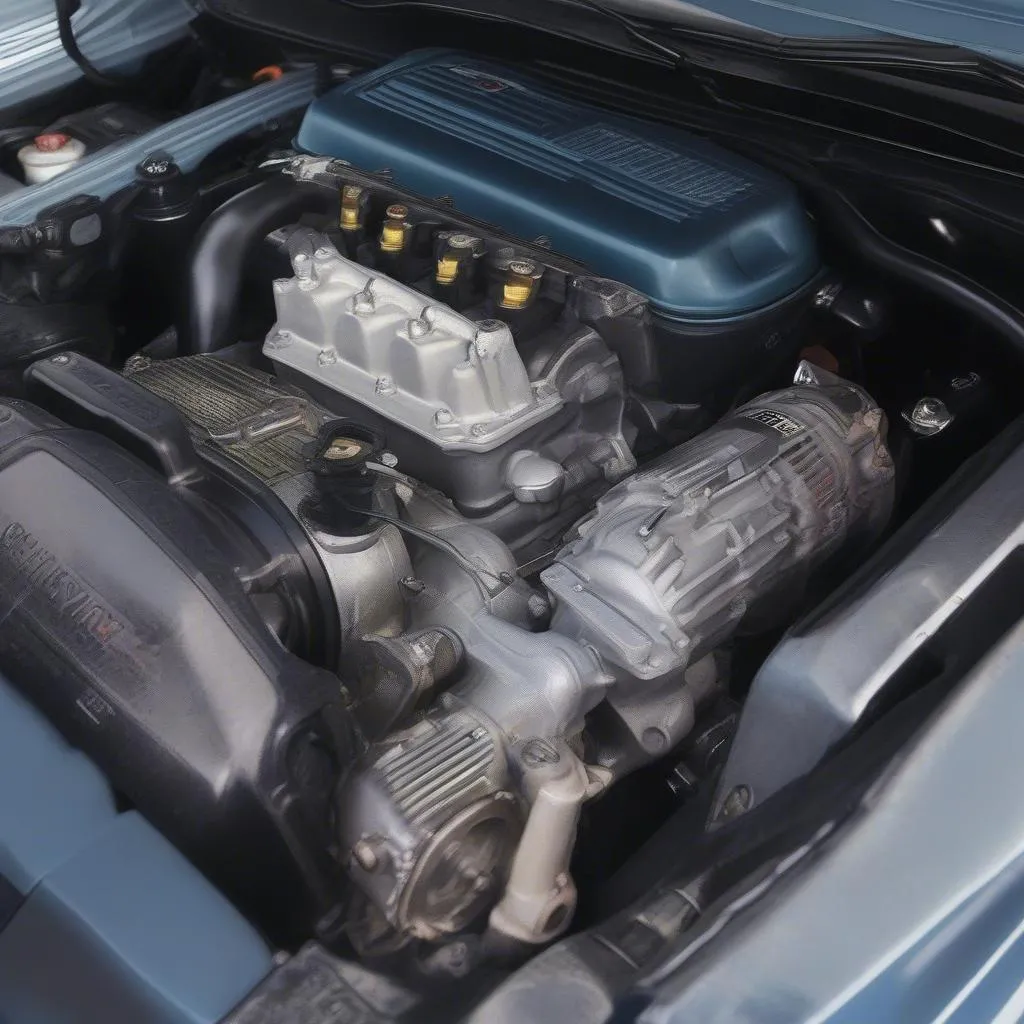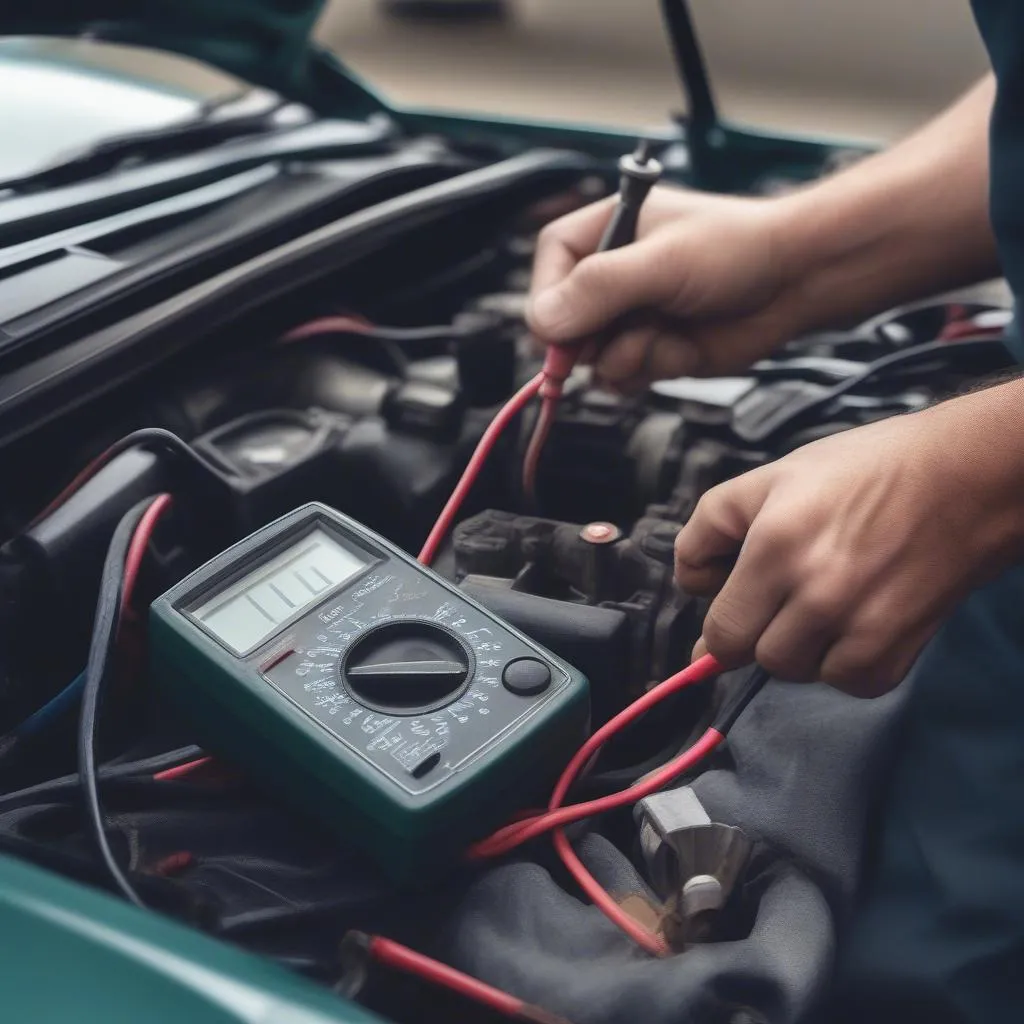Imagine this: you’re running late for work, jump into your trusty 2018 Honda Civic, turn the key, and… click. Nothing. The dreaded clicking sound that sends shivers down any car owner’s spine. Is it a bad starter or alternator? Understanding the difference can save you time, money, and a whole lot of frustration.
What Does “Bad Starter or Alternator” Even Mean?
Let’s break it down from a few different perspectives:
The Mechanic’s Viewpoint: A mechanic will tell you that the starter and alternator are two separate components vital to your car’s electrical system. The starter is like a powerful electric motor that gets your engine running when you turn the key. The alternator takes over once the engine is on, generating electricity to power everything from your headlights to your radio and charging the battery simultaneously.
The Technical Side: The starter motor draws a huge amount of current from the battery to crank the engine. Once the engine is running, the alternator kicks in, acting like a generator to replenish the battery’s charge and power the vehicle’s electrical system.
The Budgetary Impact: Ignoring a failing starter or alternator can lead to more costly repairs down the line. A dying battery, damage to the starter, or even getting stranded on the side of the road can all put a serious dent in your wallet.
So, How Do I Know Which One is the Culprit?
Distinguishing between a bad starter and a bad alternator can be tricky, but here are some telltale signs:
Bad Starter Symptoms:
- Clicking sound when you turn the key: This often means the starter is trying to engage but doesn’t have enough power.
- Engine doesn’t crank: If you turn the key and nothing happens, the starter might be the issue.
- Intermittent starting: Sometimes the car starts fine, other times it’s completely dead.
Bad Alternator Symptoms:
- Dim or flickering lights: A failing alternator struggles to provide enough power for all the electrical components.
- Battery warning light on the dashboard: This is a clear sign that the alternator isn’t charging the battery properly.
- Car stalls while driving: If the alternator dies while you’re driving, the battery will eventually drain, and the car will stall.
 Car engine with alternator highlighted
Car engine with alternator highlighted
What Should I Do If I Suspect a Problem?
First, don’t panic! If you think your car has a bad starter or alternator, the safest course of action is to:
- Pull over to a safe location.
- Try jump-starting your car. If it starts, it could be a sign of a failing alternator.
- Drive directly to a trusted mechanic or auto parts store.
Remember: Driving with a failing alternator can be dangerous as it can lead to complete electrical failure and leave you stranded.
Common Questions About Starters and Alternators:
Q: Can I drive my car with a bad starter?
A: No, if the starter has completely failed, your car won’t start at all.
Q: Can I drive my car with a bad alternator?
A: You can drive for a short distance with a failing alternator, but it’s not recommended. The battery will eventually drain, leaving you stranded.
Q: How long do starters and alternators last?
A: Both typically last between 70,000 to 100,000 miles, but factors like climate and driving habits can affect their lifespan.
 Mechanic inspecting car alternator
Mechanic inspecting car alternator
Don’t Get Stuck With a Dead Car!
Dealing with a bad starter or alternator is never fun, but knowing the signs and taking prompt action can save you a lot of trouble. Regular maintenance, like battery checks and inspections, can also help prevent unexpected breakdowns.
Looking for more information about car diagnostics or need help troubleshooting a problem? Check out these articles:
Need expert help with your car’s electrical system? Don’t hesitate to contact us via WhatsApp at +84767531508. Our team of automotive specialists is available 24/7 to assist you with any questions or diagnostic needs.